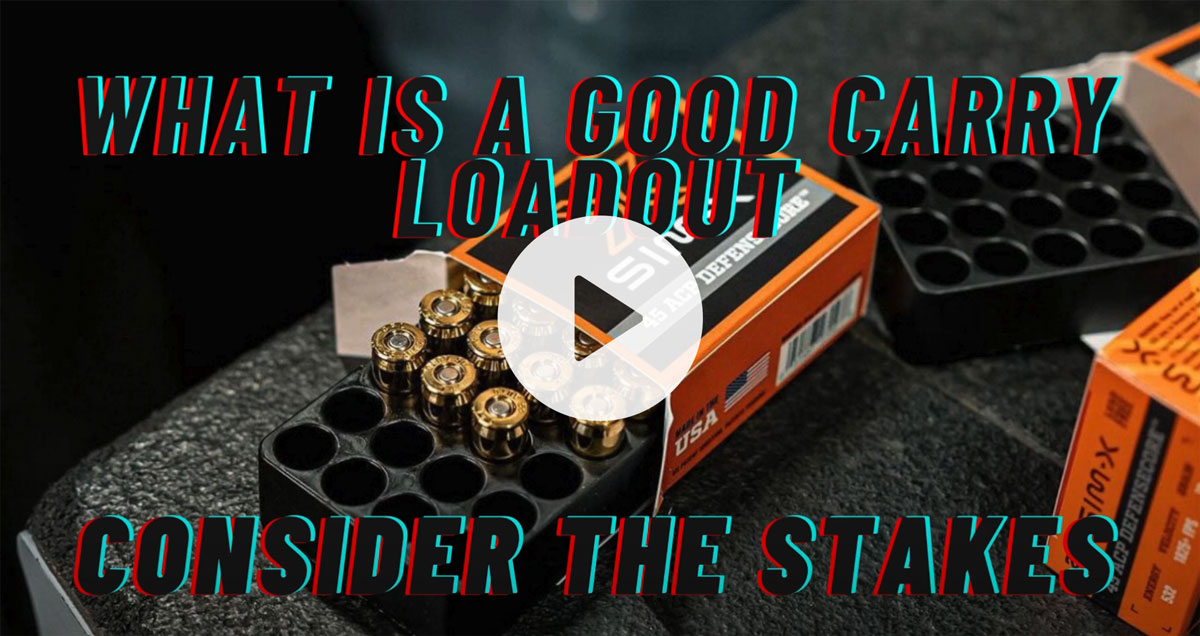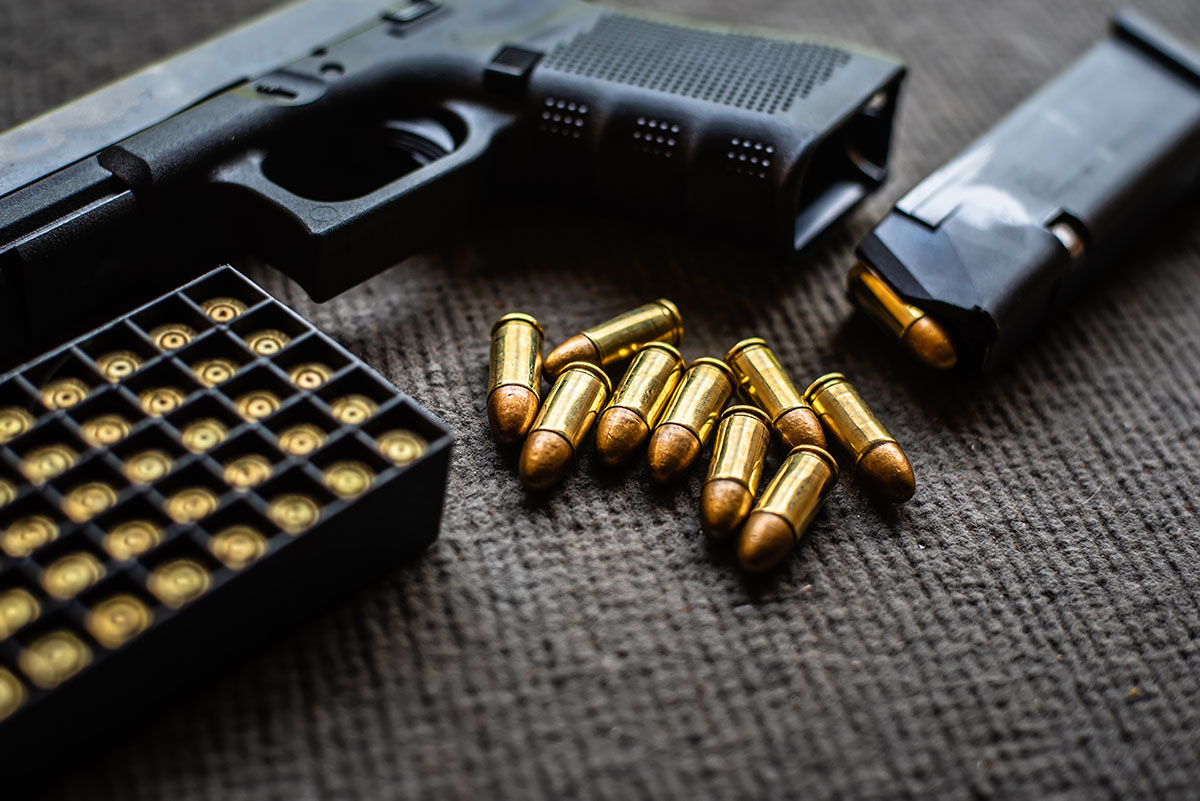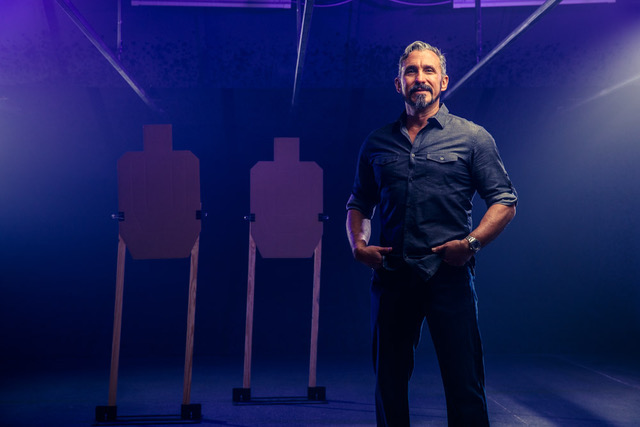Carrying for self-defense becomes a lifestyle choice. No matter how much you try to reduce the impact, or in some cases the inconvenience, it is hard to completely remove them. What I suggest and practice is to live your life but be armed in the process. In the beginning, this is easier said than done. Keep in mind we are preparing for an unknown, unknowable event. You probably have a few questions as you start your journey. I hear many in our courses, but a big question is how many rounds should I carry for self-defense?
There is no clear-cut answer, but here are four questions or thoughts to help you discover your own answers:
- It starts with How good of a shot are you currently?
- What pistol do you carry or plan to carry?
- Will you carry spare ammunition?
- Finally, what ammunition type will you carry?
There Are No Rules
When it comes to defensive gun uses (DGU) by legally armed citizens, there is no hard and fast rule to base your loadout. There are some “guidelines” and I use that term loosely, but they at least give us a place to start. There are some outliers on both ends of DGUs that we should talk about.
On one side is the DGU where the good guy is able to react to the deadly force threat in time with their carry pistol and the number of shots fired is low, less than five rounds. When one shot is fired it typically doesn’t produce an immediate incapacitation. The type of stop that is instant—as in lights out—is very hard to do with pistol caliber cartridges. More than likely a single shot produces what is called a psychological stop. In this instance, the bad guy chooses to stop fighting for one reason or another, but not solely because they were shot.
On the other side, those DGUs where more than five rounds are fired are also rare. Many times, the bad guy stops fighting within the first or second round, but the good guy is not able to recognize the stop as they are firing. DGUs happen fast, and even if the bad guys stop fighting after the first couple of rounds, it is asking a lot of the good guy to recognize the stop and act accordingly.
Consider the Stakes

Minimum Skill Level
When we talk about how much skill you should possess, I would say a good goal would be 80 plus hours of formalized instruction and or training. That puts you in the basic skill level and out of the beginner level. It may not seem exciting to be at the basic level, but you would more than likely have the requisite skill to manage some of the scenarios discussed earlier. If you can invest more time, talent and treasure, even better, but this is a minimum. Being this skilled can help manage stress as well as solve the current problem and when necessary, deliver quick and accurate shots to stop the threat. What basic skills really means is a higher chance of hitting the target, and the more skilled means a higher chance of striking the vital anatomy. All actions necessary to stop a deadly force threat with your carry pistol.
Balance Capacity With Size
The type of pistol you carry is also important. Magazine capacity varies for most modern carry-type pistols. On the one hand, you may feel carrying a higher capacity magazine makes sense. All things being equal it would. However, the larger capacity magazine means a bigger pistol. A bigger pistol means more concealment challenges. If your choice in carry pistol creates a condition of being uncomfortable or an inconvenience, you run the risk of not carrying. It is a balancing act to find the right magazine capacity along with overall size. Luckily in today’s firearm marketplace there are many sub-compact and micro-compact pistols that have 10-round capacity or more. When we think of concealment, thinking small is natural. These smaller framed pistols reduce many barriers to entry for first time carriers. Learning to shoot with the smaller framed pistols can be challenging, but with their popularity, new techniques are being introduced to offset this imbalance. If we assume most DGUs are resolved with less than five rounds, then having at least 10 rounds offers a nice buffer.
Carry More Ammunition
With these smaller framed pistols and even their larger comrades, carrying spare ammunition is an option. There are very few—and by very few—I mean almost no instances of a magazine reload being the reason our good guy survived their DGU. That doesn’t mean you shouldn’t consider carrying a spare magazine. If your ammunition capacity is less than 10 rounds it is good idea. If you do plan to carry spare ammunition, practicing magazine reloads becomes an essential skill. The problem with carrying the spare magazine is having to conceal it and your carry pistol. For some, this is asking a lot. If you are comfortable carrying the spare magazine and can do so effectively, it is a good contingency. However, if you refrain, don’t feel as though you are under-gunned. This does go back to how skilled you are as a shooter, especially under stress.
Why Premium Defensive Ammunition
Your choice of ammunition is the last consideration. If you carry self-defense ammunition such as premium jacketed hollow points or JHP, their terminal performance can produce more favorable outcomes. Premium wJHP ammunition is designed to disrupt or destroy the vital life processes. To do this, the round must reach the vital anatomy such as the heart, lungs and the central nervous system. At the same time, we want to ensure the projectile doesn’t over penetrate and exit the target, potentially causing collateral damage to innocent bystanders. When the JHP strikes the target, soft tissue fills the hollow cavity forcing the petals to expand or mushroom outwards. This creates a greater surface area thus increasing the destructive potential. The larger surface area also slows the projectile down, helping to reduce overpenetration. These qualities are unique to the JHP-type bullet, whereas full metal jacketed bullets typically produce a small entry, retain more velocity and can exit with enough energy to cause injury or damage.
Defining your carry loadout takes time to figure out. Don’t be afraid to experiment or try different things. Remember, this loadout must work for you and your needs. The better your skill level, the bigger the buffer if you can get to your pistol. Work on mastering the basics. Smaller is better for concealment, particularly the modern micro-compact pistols with 10-round magazines. Compact pistols are still the gold standard averaging around 15 rounds with the added benefit of an easier perceived learning curve. Regardless of the carry pistol, you can choose to carry a spare magazine or two. Carrying any supporting gear requires careful consideration to ensure everything is concealed. Improving the terminal performance outcome by using jacketed hollow points not only ensures you have the best chance of stopping a deadly force threat if you hit the vital anatomy, but also greatly reduces overpenetration. All these equal a well-conceived loadout that will serve you well should you ever need to defend yourself or your family.


